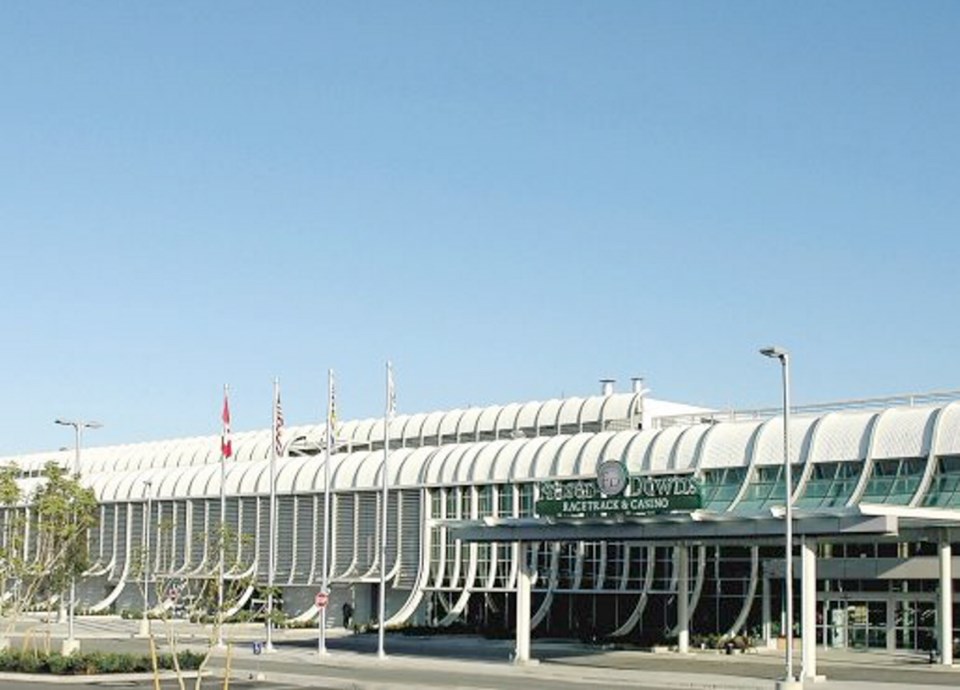A Delta woman who gambled away at least $78,000 at two casinos while she was enrolled in the province’s voluntary self-exclusion program has lost her legal battle to have the B.C. Lottery Corporation return the money to her.
Joyce May Ross lost the cash while playing at the Fraser Downs Racetrack & Casino in Surrey and the Cascades casino in Langley between 2007 and 2010. The operators of those facilities were also named as defendants in her lawsuit.
In a judgment last week dismissing the claim, B.C. Supreme Court Justice John Truscott wrote that it was Ross’s primary responsibility to stay out of casinos after she signed up for the self-exclusion program.
“To award her these monies simply because she was in the self-exclusion program when every other gambler not in the program is not entitled to this recovery, would be to encourage every other gambler to join the self-exclusion program in order to have this claim,” the judge said.
Ross’s suit included claims of unjust enrichment, negligence, breach of fiduciary duty and breach of duty of care by BCLC and the casinos.
But Truscott said that while the defendants owed Ross a duty of care as a self-proclaimed problem gambler, the casinos fulfilled their end of the bargain by having security protocols and surveillance in place in an attempt to identify people like her.
“In many respects, the plaintiff is the author of her own misfortune because she was attempting after self-exclusion not to be identified by the casinos, which is just the opposite attitude that she should have had,” Truscott said.
If the casinos had identified Ross, they would have been obligated to remove her from the premises, he wrote, but until they picked her out from the crowd, they had no legal power over her.
Truscott wrote that while Ross was a vulnerable gambling addict, she was not mentally incompetent. He said that he agreed with the opinion of a psychiatrist who testified that Ross “did have the capacity to exercise control over her gambling behaviour and suffered no psychiatric nor psychological impediments that prevented or impeded her capacity to identify herself to casino staff as a voluntary self-excluded person when she entered a casino.”
Ross’s lawyer, Jim Hanson, said he was disappointed with the judge’s decision.
“While we respect this as the judgment of the court, we view many aspects of the evidence very differently,” he said.
“We hope that, notwithstanding the outcome, the case shone a light on issues surrounding gambling addiction and the casino industry in British Columbia. Perhaps our society at large has more to learn about addiction.”
Ross is currently considering whether to file an appeal, Hanson added.
In a written statement, BCLC said that it is continuously working to update and improve its voluntary self-exclusion program.
“We are appreciative the court has confirmed that BCLC and our casino service providers have effectively met or exceeded the applicable standard of care,” the statement reads.
The voluntary self-exclusion program is also the target of a class-action lawsuit from gamblers who were denied slot-machine jackpots because of their enrolment in the program. Winners at BCLC casinos must produce government ID to receive payouts for transactions over $9,000, regardless of which game they play.
Proceedings in that case are scheduled to begin in B.C. Supreme Court in May.



